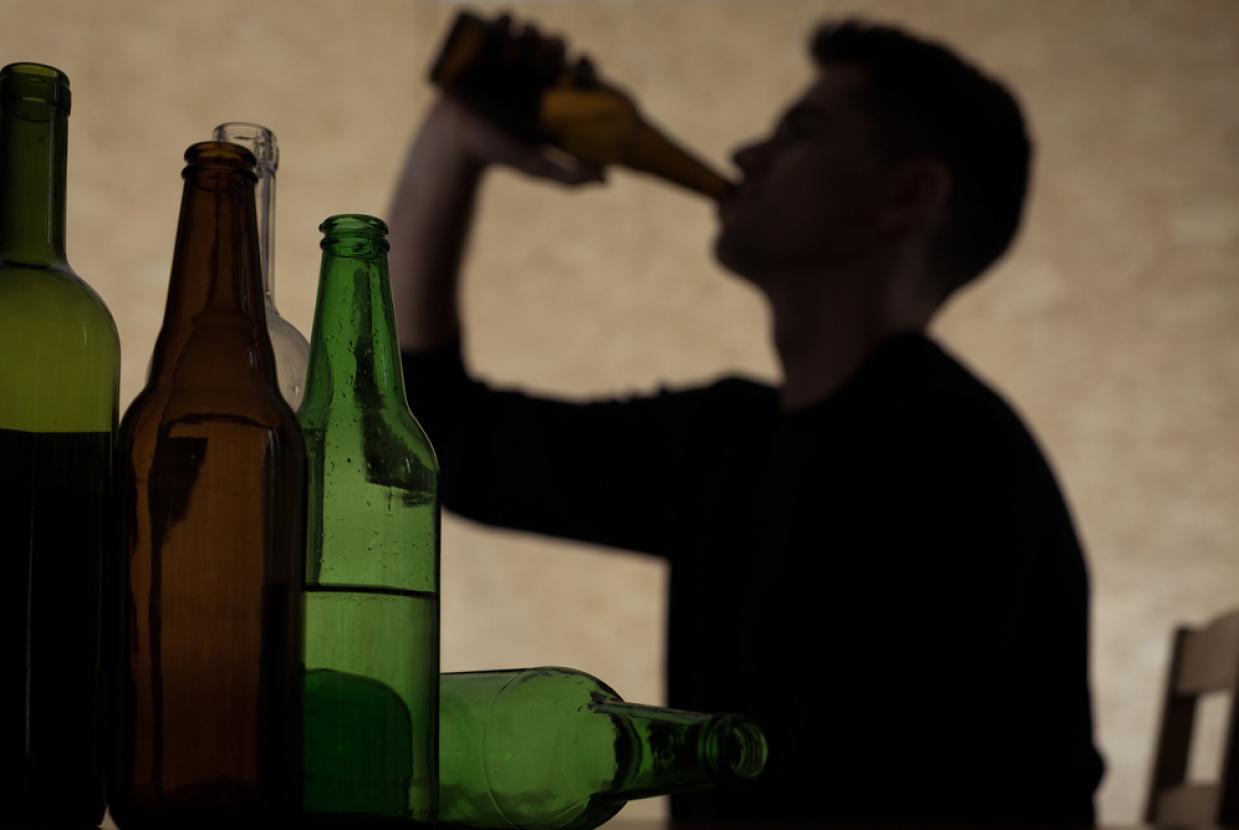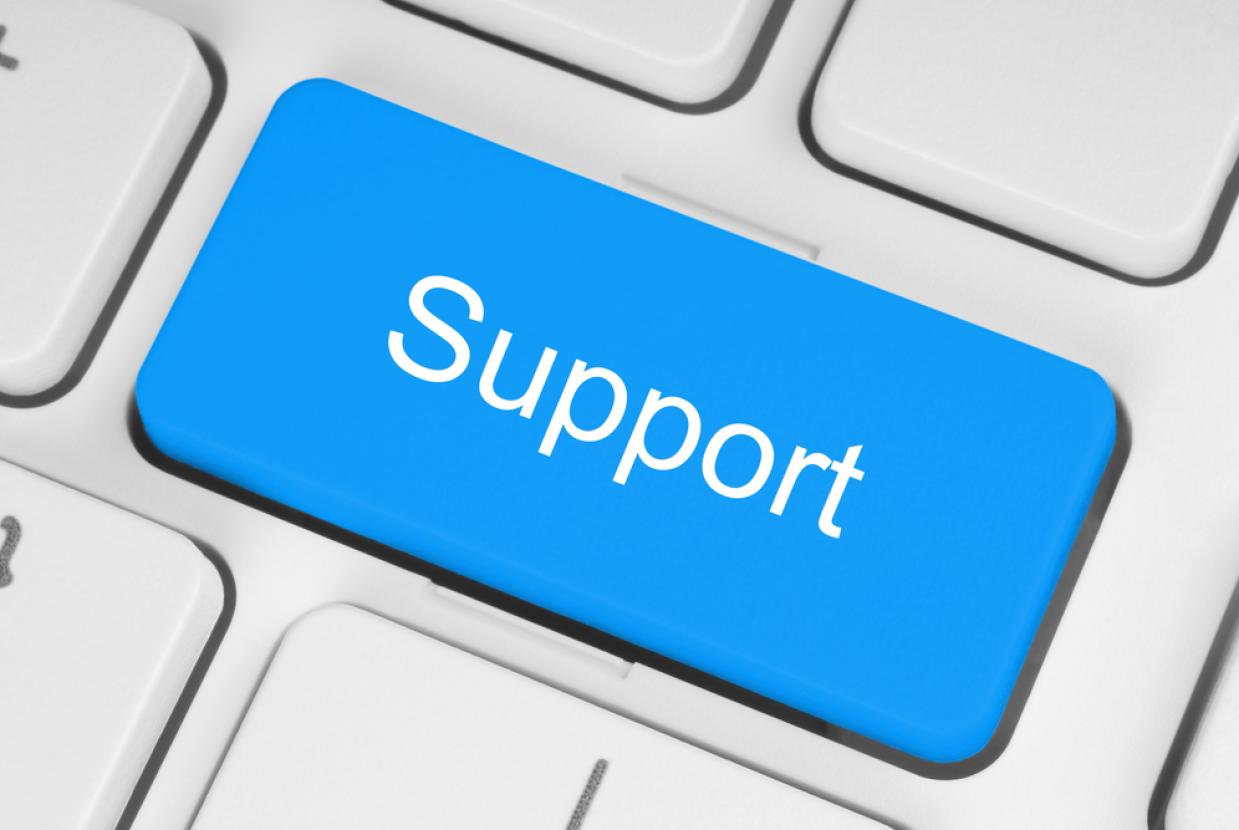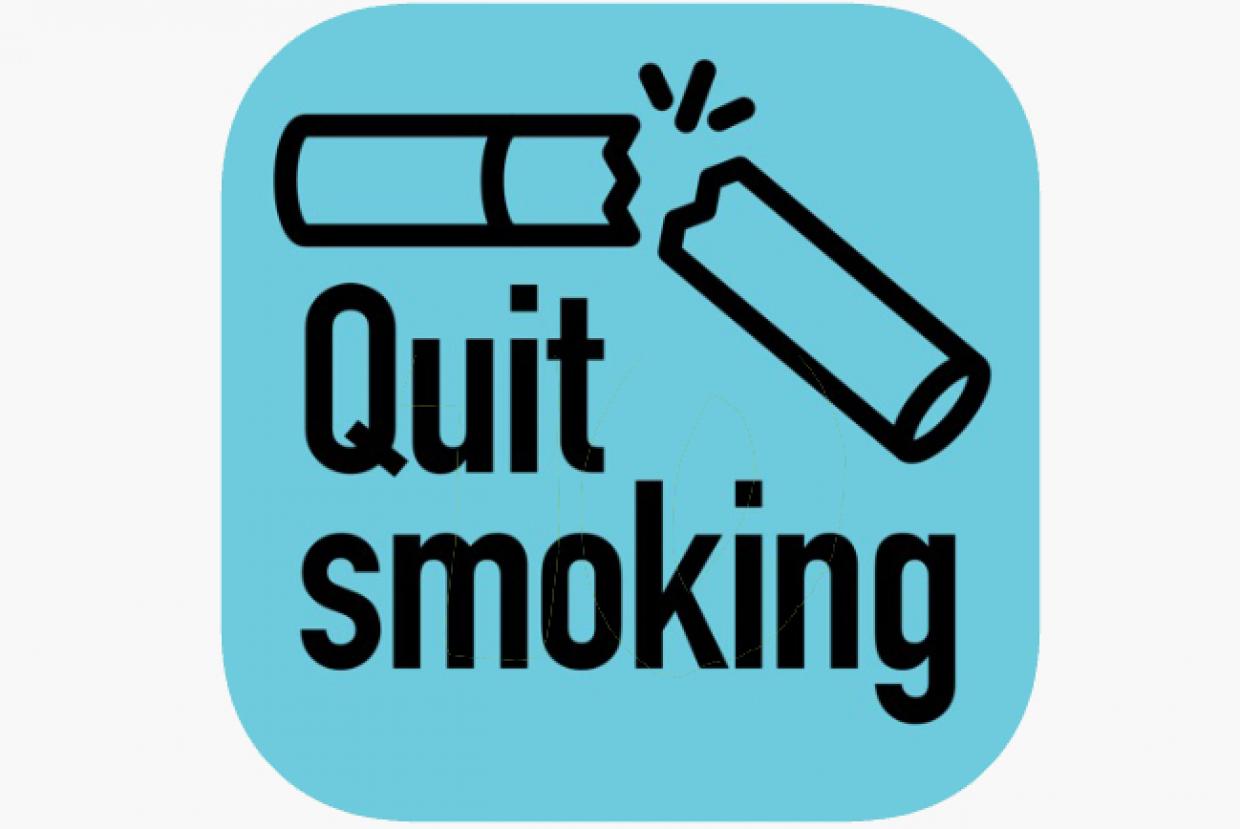Risks
Alcohol is a powerful chemical that can have a wide range of adverse effects on almost every part of your body, including your brain, bones and heart.
Alcohol and its associated risks can have both short-term and long-term effects.
Short-term effects of alcohol consumption
The short-term effects of alcohol consumption are outlined below. This information is based on the assumption that you have a normal tolerance to alcohol.
Dependent drinkers with a higher tolerance to alcohol can often drink much more without experiencing any noticeable effects.
1 to 2 units
After drinking 1 to 2 units of alcohol, your heart rate speeds up and your blood vessels expand, giving you the warm, sociable and talkative feeling associated with moderate drinking.
4 to 6 units
After drinking 4 to 6 units of alcohol, your brain and nervous system starts to be affected. It begins to affect the part of your brain associated with judgement and decision making, causing you to be more reckless and uninhibited.
The alcohol also impairs the cells in your nervous system, making you feel lightheaded and adversely affecting your reaction time and co-ordination.
8 to 9 units
After drinking 8 to 9 units of alcohol, your reaction times will be much slower, your speech will begin to slur and your vision will begin to lose focus.
Your liver, which filters alcohol out of your body, will be unable to remove all of the alcohol overnight, so it's likely you'll wake with a hangover.
10 to 12 units
After drinking 10 to 12 units of alcohol, your co-ordination will be highly impaired, placing you at serious risk of having an accident. The high level of alcohol has a depressant effect on both your mind and body, which makes you drowsy.
This amount of alcohol will begin to reach toxic (poisonous) levels. Your body attempts to quickly pass out the alcohol in your urine. This will leave you feeling badly dehydrated in the morning, which may cause a severe headache.
The excess amount of alcohol in your system can also upset your digestion, leading to symptoms of nausea, vomiting, diarrhoea and indigestion.
More than 12 units
If you drink more than 12 units of alcohol, you're at considerable risk of developing alcohol poisoning, particularly if you're drinking many units over a short period of time.
It usually takes the liver about an hour to remove one unit of alcohol from the body.
Alcohol poisoning occurs when excessive amounts of alcohol start to interfere with the body's automatic functions, such as:
- breathing
- heart rate
- gag reflex, which prevents you choking
Alcohol poisoning can cause a person to fall into a coma and could lead to their death.
Other risks
Some of the other risks associated with alcohol misuse include:
- accidents and injury – more than 1 in 10 visits to accident and emergency (A&E) departments are because of alcohol-related illnesses
- violence and antisocial behaviour – each year in England more than 1.2 million violent incidents are linked to alcohol misuse
- unsafe sex – this can lead to unplanned pregnancies and sexually transmitted infections (STIs)
- loss of personal possessions – many people lose personal possessions, such as their wallet or mobile phone, when they're drunk
- unplanned time off work or college – this could put your job or education at risk
Long-term effects of alcohol misuse
Drinking large amounts of alcohol for many years will take its toll on many of the body's organs and may cause organ damage. Organs known to be damaged by long-term alcohol misuse include the brain and nervous system, heart, liver and pancreas.
Heavy drinking can also increase your blood pressure and blood cholesterol levels, both of which are major risk factors for heart attacks and strokes.
Long-term alcohol misuse can weaken your immune system, making you more vulnerable to serious infections. It can also weaken your bones, placing you at greater risk of fracturing or breaking them.
There are many long-term health risks associated with alcohol misuse. They include:
- high blood pressure
- stroke
- pancreatitis
- liver disease
- liver cancer
- mouth cancer
- head and neck cancer
- breast cancer
- bowel cancer
- depression
- dementia
- sexual problems, such as impotence or premature ejaculation
- infertility
- damage to the brain, which can lead to problems with thinking and memory
As well as having a significant impact on your health, alcohol misuse can also have long-term social implications. For example, it can lead to:
- family break-up and divorce
- domestic abuse
- unemployment
- homelessness
- financial problems
Kindling
Kindling is a problem that can occur following a number of episodes of withdrawal from alcohol. The severity of a person's withdrawal symptoms may get worse each time they stop drinking, and can cause symptoms such as tremors, agitation and convulsions (seizures).
Alcohol has a suppressing effect on the brain and central nervous system. Research has shown that when alcohol is removed from the body, it activates brain and nerve cells, resulting in excessive excitability (hyperexcitability). This can lead to behavioural symptoms such as seizures.
With each alcohol withdrawal episode, the brain and nervous system becomes more sensitised and the resulting side effects become more pronounced.
This kindling effect can also occur after chemical stimulus to the brain or body, such as anti-convulsant medication. This means a person's alcohol withdrawal programme needs to be carefully planned, with close monitoring of its effects.
Read more about kindling in alcohol withdrawal (PDF, 163kb).
Alcohol poisoning: what to do
Signs of alcohol poisoning include:
- confusion
- vomiting
- seizures (fits)
- slow breathing
- pale or bluish skin
- cold and clammy skin
- unconsciousness
Dial 999 for an ambulance if you suspect alcohol poisoning and you're worried. Don't try to make the person vomit because they could choke on it. To prevent choking, turn them on to their side and put a cushion under their head.
If a person loses consciousness, don't leave them to "sleep it off". Levels of alcohol in the blood can continue rising for 30 to 40 minutes after the last drink, and symptoms can worsen.













































